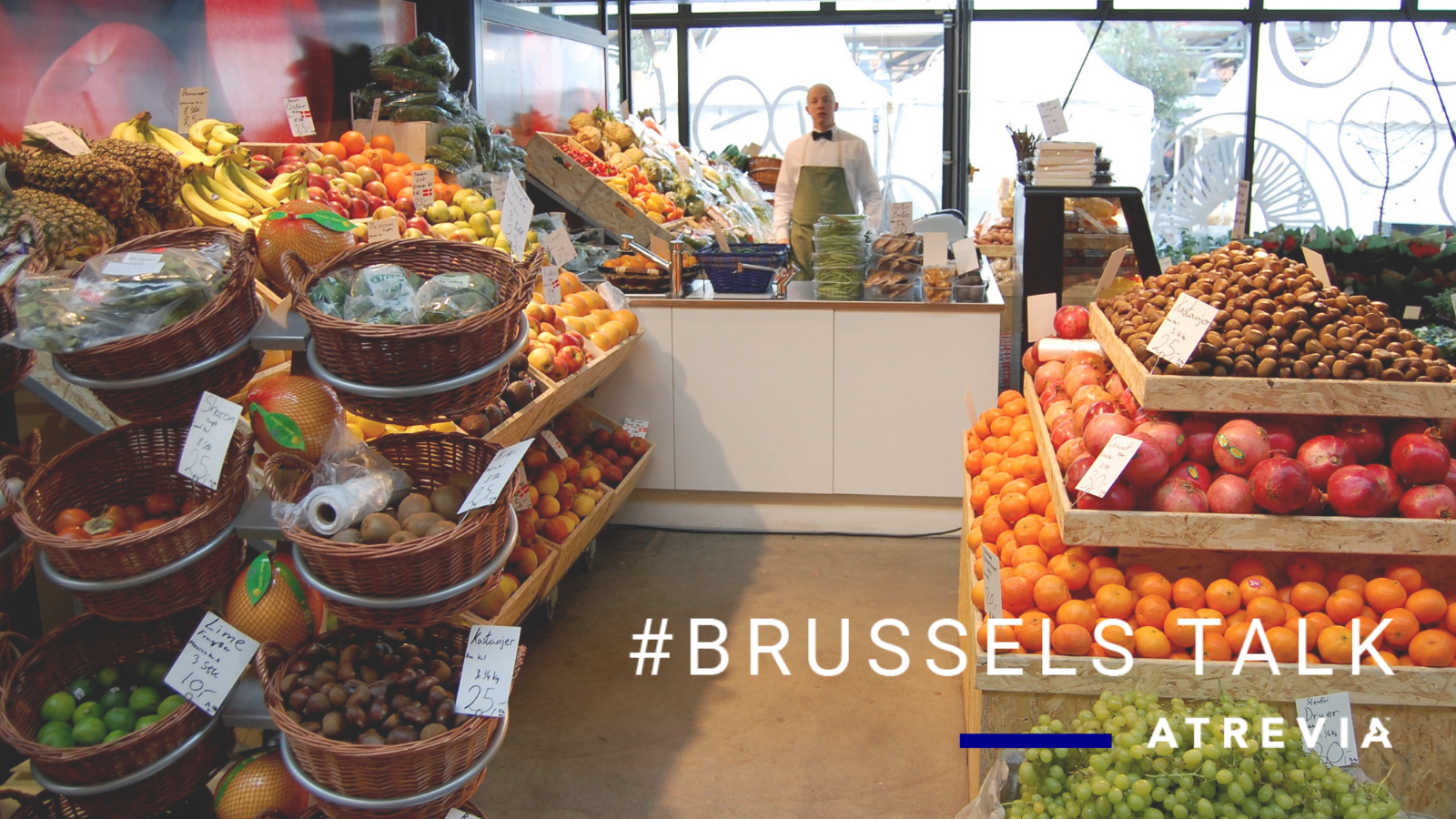
Most of the time, when consumers shop at the supermarket, they overlook much of the information about the food. Its ingredients, nutritional values, or place of origin are “objective” characteristics, but there is another series of components that appear on their packaging that provide another series of data. While a few years ago labels such as “zero,” “light,” or “contains omega-3” became trendy, today labels such as “organic,” “bio,” “100% natural,” or “CO2 neutral” are becoming increasingly fashionable. However, there is no clear international agreement about what each one means, and often this has to do with the origin of the product or where we are buying it, as these concepts can vary from one market to another.
Eating food produced in EU member states, as a general rule, means quality and safety to the consumer, as European phytosanitary standards and production norms are the highest in the world. However, many of the most popular products on European shelves are either not produced in Europe or the quantity is too scarce to satisfy consumer demand. Another type of package labeling has become popular for products such as tropical fruits including pineapples, bananas or coconuts, chocolate, and coffee or tea. Such labels mentioned in the first paragraph along with so-called “certificates” such as “Rainforest Alliance”, “Fairtrade”, “100% organic”, “100% responsible,” have become popular.
These labels provide the consumer with insight into the commitment the product has regarding labor rights, sustainable development, environmental responsibility, or free use of chemical pesticides. However, we cannot ignore the fact that this certification is not granted by any official body, but rather by private organizations that set their standards. The consumer’s conscience receives the message that he is making a responsible purchase, helping the environment, and combating labor exploitation, but is this really the case? Several institutions, including the World Economic Forum to the European Commission, have not overlooked the high proliferation of certification agencies in recent years.
The World Economic Forum (or Davos Forum), which has no legislative power, serves as a platform for business, government, and civil society leaders from around the world to meet. In 2015, it concluded[1] that, given the long supply chains and their increasing trend towards digitalization, it was necessary to develop the concept of “Shared Responsibility.” In other words, the entire cost of production should be shared equally among all the actors involved, from the producer to the consumer, including all intermediaries.
The European Commission, although unable to regulate countries where these foods are produced, can however have an influence through the free trade treaties signed with them and through the agents operating in the supply chain. To this end, two European initiatives have been developed:
Therefore, we can see that the “Shared Responsibility” debate seems to spark a discussion and few are clear about how it should be put into practice. From farmers in Souther Spain to Latin American producers, it is clear to everyone that it is difficult to estimate a “minimum selling price,” especially when citification bodies are involved.
- Directive on unfair trading practices in business-to-business relationships in the agricultural and food supply chain[2]. Its law calls on member states to draw up national laws to prevent abuse of European producers by paying a fair price that covers production costs, increasing transparency by publishing contracts, and introducing penalties for those who do not comply with the law.
- Legislative initiative procedure on corporate due diligence and corporate accountability, already adopted by the European Parliament in March. This assesses much broader issues outside the European Union, aiming to ensure that companies operating in third territories can be held accountable.
Both documents meet consumer demand for more responsible products and also empower producers who have the lowest profit margins and even allow them to sell below production costs.
Therefore, the issue of “Shared Responsibility” is starting to be debated, although few are clear on how this translates into practice. At the moment, there already seems to be an objective to divide production costs more equitably, but there are too many parties involved and each will fight to define a different production cost. In this sense, the question is: can voluntary certification be a production cost? To begin, the answer would be no seeing that production is not determined by private agency certification. However, it is yet to be decided since many supermarkets are demanding certified products in order to agree to sell them. This certification implies a cost, which due to disagreement over who should pay for it and fear of price increases, ends up being paid by the producer. In the end, a consumer’s purchase who is aware of a “responsible” product does not necessarily translate into environmental improvements that are broadcasted, due to the fact that there is no international public monitoring nor control to confirm this.
This is the current situation: consumers are demanding more sustainable products and regulations are moving in this direction. The new Common Agricultural Policy (CAP) and the recently created “Farm to Fork Strategy” show us that there is a trend that has arrived to stay. Moreover, the European fund’s approach has changed into a compliance model without the need to resort to sanctions. Knowing this, it remains to be seen whether “Shared Responsibility” will become a compulsory subject or whether it will only reward those who apply it. In the meantime, depending on who we ask–producers, intermediaries, or consumers– the cost of sustainable food remains unclear who should bear it. In the coming months, we will see which way the legislative development leans towards and whether a concept of “shared responsibility” will finally be developed that can satisfy all parties.
[1] http://www3.weforum.org/docs/WEF_GAC_Supply_Chains_%20A_New_Paradigm_2015.pdf
[2] https://eur-lex.europa.eu/legal-content/ES/TXT/?uri=CELEX%3A32019L0633
By Mateo González
ATREVIA Bruselas